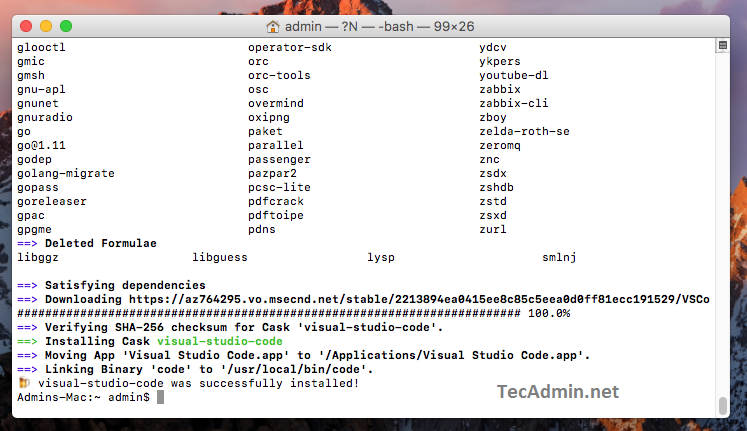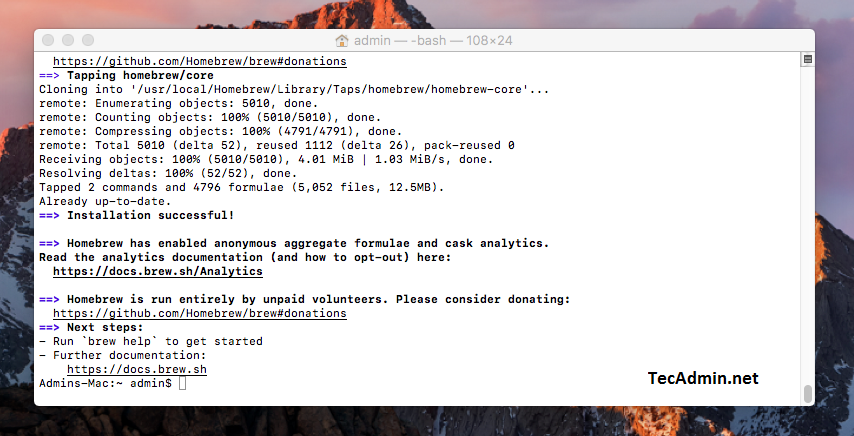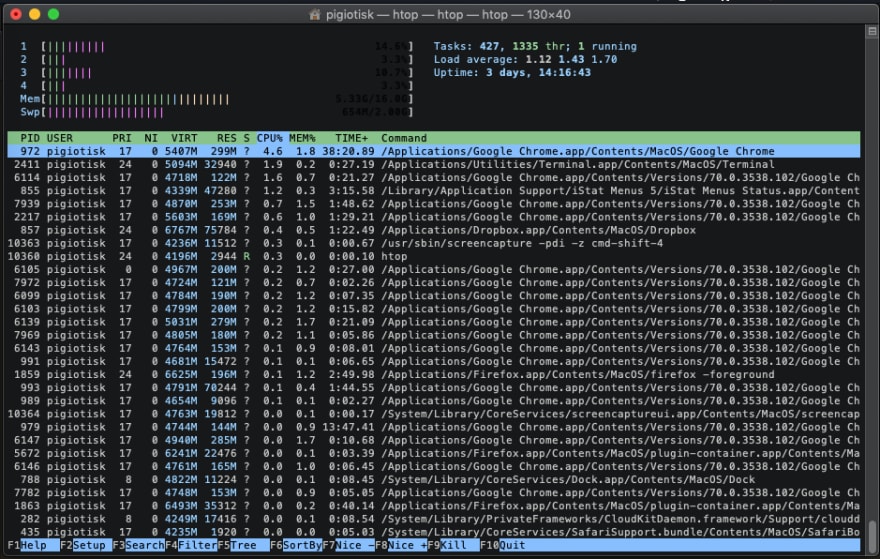

- #Install parallel on mac brew how to
- #Install parallel on mac brew update
- #Install parallel on mac brew upgrade
- #Install parallel on mac brew full
To see the full list of packages: brew formulae.
#Install parallel on mac brew how to
How to use Homebrew to install a package on Mac Now that you have installed Homebrew, let’s see how to use it. Tip: brew doctor lets you know about Homebrew status, issues, and updates, if available or required.


Once you satisfy the above requirements, see how to install Homebrew on macOS.
#Install parallel on mac brew update
How to update or remove Homebrew from Mac.How to use Homebrew to install a package on Mac.How to install Homebrew on macOS Catalina or M1 Mac.Requirements to install Homebrew on Mac.In this guide, I’ll show you how to install Homebrew in macOS Catalina or M1 Mac. Homebrew lets you use commands to download and install Python, Ruby, MongoDB, PHP, Git, Node.js, cask, colordiff, Nmap, and other Unix command-line utilities. If you are a coder, developer, Terminal lover, or more tech-savvy than an average Mac user, you can use Homebrew to simplify software installation on your Mac.
#Install parallel on mac brew upgrade
Although you can install NodeJS separately, without NVM, it is advisable to NVM since it allows you to easily manage multiple versions of NodeJS, making it convenient to test and upgrade to new versions, or rollback to older versions, as you need.Homebrew is an open-source package manager for macOS that offers an easy way to install software and tolls through the command line. In this article, we have learnt how to install and manage NodeJS using NVM, in Mac. You can always install different NodeJS versions on same system and manage them easily using NVM. Here is an example to use Node 12.x as default version. If you have multiple versions of NodeJS installed on your system, you can set the default version with the following command. $ nvm install 12Īfter installation, you can verify it with the following command. If you want to download & install a specific version of NodeJS like Node 12.x, run the following command. Next, if you want to download and install the latest NodeJS version, just run the following command. You can list the available NodeJS versions with the following command. NVM is a very handy tool to install & manage NodeJS on your system. It will also ensure that environment variable is updated every time you login. Run the following command to reload bash_profile. Save and close the file by typing Esc, then entering :wq. $ vim ~/.bash_profileĪdd the following lines to this file. Alternatively, you may open ~/.zshrc for macOS Catalina or later.

Next, we need to configure environment variables to point to NVM. $ brew updateĬreate directory for NVM in /home. Run the following command to update NVM package list and install NVM. $ brew uninstall -ignore-dependencies node If there is no NodeJS installed on your system, you can skip this step. If you have already installed NodeJS earlier, then open terminal and run the following commands to uninstall them first. Here are the steps to install NVM on Mac with Homebrew. It will download & install homebrew for you. If you have not installed Homebrew on your Mac, you can easily do so by opening the terminal and running the following command. In this article, we will look at how to install NVM on Mac with Homebrew utility. NVM is a shell script that allows you to easily install & manage NodeJS.


 0 kommentar(er)
0 kommentar(er)
